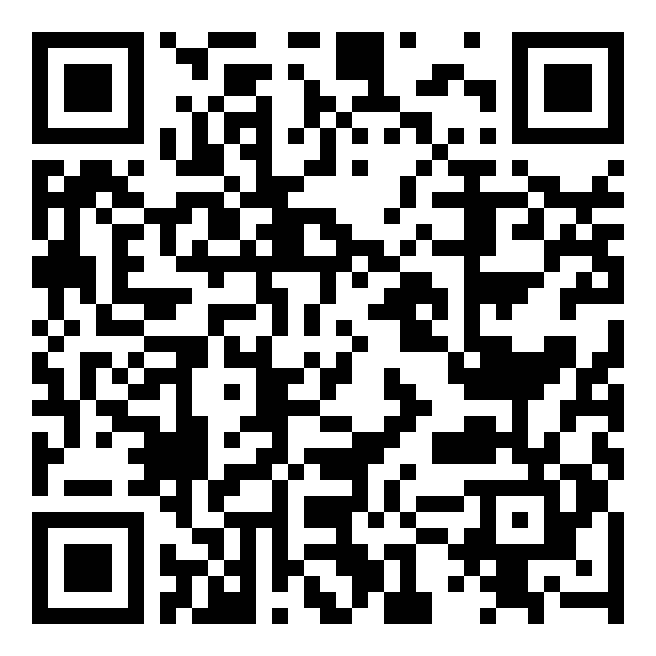经济要素与国际权势地位关联机制的再考察
摘要
关键词
全文:
PDF镜像
|参考
[1]Alexander Wendt, Social Theory Of InternationalPolitics, N.Y.: Cambridge University Press, 1999, p23.
[2]John Mearsheimer, The Tragedy of Great PowerPolitics, N.Y.: W. W. Norton & Company, 2001, p55.
[3]William Thompson, Systemic Leadership, EvolutionaryProcess, and International Relations Theory: The Unipolar Question, International Studies Review, No.8, 2006,pp.1-22.
[4]A.J.P. Taylor, The Struggle for Mastery in Europe,Oxford: Oxford University Press, 1954, pxxiv.
[5]Nicholas J. Spykman, America’s Strategy in WorldPolitics: The United States and the Balance of Power, N.Y.: Harcourt, Brace, and Company, 1942, p22.
[6]Ibid, p34. [7]Robert Gilpin, War and Change in World Politics,N.Y.: Cambridge University Press, 1981, p132.
[8]Paul Kennedy, The Rise and Fall of the GreatPowers, N.Y.: Random House,1987, pxxiv.
[9]Robert Keohane, After Hegemony: Cooperation andDiscord in the World Political Economy, N.J.: PrincetonUniversity Press, 1984, p12.
[10]Joseph S. Nye, Jr., The Future Of Power, N.Y.:Public Affairs, 2011, p16.
[11]Alexander Wendt, Social Theory Of InternationalPolitics, N.Y.: Cambridge University Press, 1999, p371.
[12]Daniel W. Drezner, The Perils of Pessimism: WhyAnxious Nations Are Dangerous Nations, Foreign Affairs,Vol.101, No.4, 2022.
[13]James Fairgrieve, Geography And World Power,London: University of London Press, 1924, p3.
[14]Ibid, p94.
[15]Nicholas J. Spykman, America’s Strategy in WorldPolitics: The United States and the Balance of Power, N.Y.: Harcourt, Brace, and Company, 1942, p257.
[16]Joseph S. Nye Jr., Soft Power, Foreign Policy,No.80, 1990.
[17]Robert W. Tucker, David C. Hendrickson, The Imperial Temptation: The New World Order and American’sPurpose, N.Y.: Council on Foreign Relations Press, 1992,p6.
[18]Stephen G. Brooks, William C. Wohlforth, WorldOut of Balance: International Relations and the Challenge of American Primacy, N.J.: Princeton UniversityPress, 2008, p136.
[19]Khong Yuenfoong, The US, China, and the Cold WarAnalogy, China International Review, Feburary15, 2020.
[20]Robert Gilpin, War and Change in World Politics,N.Y.: Cambridge University Press, 1981, p13.
[21]Paul K. MacDonald, Joseph M. Parent, Twilight ofthe Titans: Great Power and Retrenchment, N.Y.: CornellUniversity Press, 2018, p6.
[22]Ibid, p45.
[23]Ibid, pp.45-46.
[24]Graham Allison, Nathalie Kiersznowski, CharlotteFitzek, The Great Economic Rivalry: China vs the U.S,Belfer Center for Science and International Affairs,Harvard Kennedy School, March, 2022. https://www.belfercenter.org/publication/great-economic-rivalrychina-vs-us (2022/08/03
[25]Michael Beckley and Hal Brands, The End of China’s Rise: Beijing is running out of time to remake theworld, Foreign Affairs, October 1, 2021.
[26]Zheng Bijian, China’s “Peaceful Rise” to GreatPower Status, Foreign Affairs, Vol.84 , No.5, 2005.
[27]David A. Baldwin, Power And InternationalRelations: A Conceptual Approach, N.Y.: Princeton University Press, 2016, p70.
[28]Ibid, p72.
[29]Graham Allison, Destined For War: Can Americaand China Escape Thucydides’s Trap? N.Y.: Houghton MifflinHarcourt, 2017, p6.
[30]Ibid, p10.
[31]Paul K. MacDonald, Joseph M. Parent, Twilight ofthe Titans: Great Power and Retrenchment, N.Y.: CornellUniversity Press, 2018, p46.
[32]Angus Madison, Chinese Economic Performance inthe Long Run (Second Edition), Development Centre of theOrganization for Economic CO-operation and Development,2007, p44.
[33]Joel Kotkin, Yoriko Kishimoto, The Third Century:America’s Resurgence in the Asian Era, N.Y.: CrownPublishers, INC., 1988, p58.
[34]Michael Beckley, The Power of Nations: MeasuringWhat Matters, International Security, Vol.43, No.2(Fall
2018).
[35]Zheng Bijian, China’s “Peaceful Rise” to GreatPower Status,” Foreign Affairs, Vol.84 , No.5, 2005.
[36]Michael Beckley, The Power of Nations: MeasuringWhat Matters, International Security, Vol.43, No.2(Fall2018).
[37]Melvyn P. Leffler, Avoiding Another Cold War,China International Strategy Review, January, 2020.
[38]Eugene B. Skolnikoff, The Elusive Transformation:Science, Technology, and the Evolution of InternationalPolitics, N.J.: Princeton University Press, 1993, p4.
[39]Asbley J. Tellis, Janice Bially, etc., MeasuringNational Power in the Postindustrial Age,California:Rand, 2000, pxii.
[40]Ibid.
[41]Matthew J. Slaughter, David H. McCormick, DataIs Power: Washington Needs to Craft New Rules for theDigital Age, Foreign Affairs, Vol.100, No.3, 2021.
[42]Susan Strange, States And Markets (Second Edition),N.Y.: Continuum, 1994, pp.24-25.
DOI: http://dx.doi.org/10.12361/2661-3263-05-05-107214
Refbacks
- 当前没有refback。






